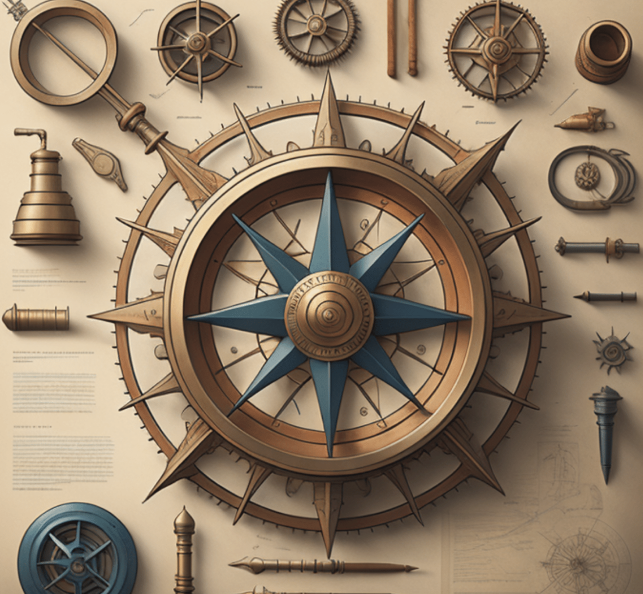IMPORTANCE OF SCIENCE AND ITS INVENTIONS
Written By: Adeena Atif
Class: VIII-Maryam
House: Jinnah

Printing Press: was invented by Johannes Gutenberg in 1439. It
makes our work easier. It allowed people to make books,
pamphlets and other texts quickly, cheaply and in large numbers. It
made making things like book a lot less time-consuming. The
printing press allowed the publishing business to grow, after its
invention.
Wheel: a wheel is a disc or circle-shaped mechanical device.
Wheels are simple machine for reducing the force of friction. The
wheel revolutionized transportation making it easier to move
goods and people over long distances. Some common example of
wheels are bicycle, skate board, windmill, drill, screwdriver and
such others. The invention of the wheel made transport faster and
easier for humans, they could also save a lot of travel time and
dedicate that time towards other useful activities.
-Jan24.png)
Compass: a compass has a needle which is a magnet. A compass can be
used to help us find directions. Compasses are still widely used today. The
compass is the symbol for guidance and direction. The 4 directions of
compass are East, West, North &South.
The invention of the compass made it possible to determine a
heading when the sky was overcast or foggy, and when landmass
were not in sight.







-Jan24.png)


-Jan24.png)